|
I draw a distinction between good writing and good storytelling. Not every author is good at both, and commercial publishing favors the latter. Plot-driven books sell better than language-driven.
Personally, I look for strong, competent prose. I don’t need ornate language or undreamt-of metaphors, but I will stop reading for mechanical clumsiness: overusing dialogue tags, slipping artlessly into comma splices, beating that subject-verb-object triple play for every dang sentence. Adrian Tchaikovsky delights on both counts, writing and storytelling. He’s best known for his Children of Time series, but I got started with Elder Race, a quick read with excellent audiobook narration by John Lee. It’s a perfect genre blend of fantasy and science fiction. An overlooked younger princess goes on a hero’s quest to find a wizard to save the realm from a demon. The wizard is in fact an anthropologist second class, living out whole centuries in suspension while he waits for his fellow scientists to retrieve him from his outpost. It hits all my favorite notes: thoughtful internal character development, adventure tempered by human politics, magic clashing with technology. And no goddam romance. Sorry—but I don’t like love stories in my fiction. That’s a tender spot for me. The depressed and lonely weird wizard dude with literal horns growing out of his forehead, thanks to futuristic body mods, does not end up with the courageous and beautiful young woman. Like they don’t even flirt. It’s wonderful. There are any number of reasons why you might not like a genre. I just explained why I don’t like romance novels, so I’m in no position to hector anyone about not reading science fiction or fantasy. But if the reason you abstain is because you’re only familiar with shoddier examples, I’d invite you to give speculative fiction another go. This one will only take a few hours of your time.
0 Comments
After seventeen years, I’m rereading Terry Pratchett’s Discworld series, and I hope you’ll consider joining me. These are books that will make you feel better. You will leave them knowing more about yourself and other people, and you will feel less pessimistic about everything.
I’m reading these in chronological order, which is why I’ve got Color of Magic up first, but that’s not where I recommend people dive in. With more than forty books in the series, there are a ton of great entry points, since few of the books depend on familiarity with prior entries. I do think the stand-alones are less intimidating, perhaps. Small Gods is my standard recommendation. But let’s not sweat the details. If you’ve never read Pratchett and you were waiting for a sign, hello, here it is, the universe would like you to read a Discworld book. The Color of Magic introduces us to the greatest city on the Disc, Ankh-Morpork, and its least talented wizard, Rincewind. Until I moved to a state with unjustly few characters allowed for license plates, my license plate read WIZZARD in homage to Rincewind. In some ways he is my favorite Discworld character, not because he is the best, but because I imprinted on him like a duck. I’m not doing anything like a coherent plot summary, but that’s not the point. No other author’s death has affected me more than Pratchett’s. That’s what his books have meant to me, and so many other people, but I am afraid if I keep on in this vein I will sound like a religious fanatic. Occasionally I’ll be discussing these books on Sundays (the new Day of the Week for these weekly book talks), or they might come midweek if I’ve got another book to discuss on Sunday. But I will write about each one. I intend to read a bit of Pratchett each day until I have finished the series, however many months or years that takes. I talked about Nghi Vo's fantasy series The Singing Hills Cycle a few months ago. The books follow a cleric named Chih, whose religious order focuses more on history than faith. In this third entry, Into the Riverlands, Chih is once again traveling the land, looking for stories to collect. If you haven't read the first two, that's fine. Each novella stands independently.
Vo's prose style is quite good, and her storytelling is masterful. You don't know the details of the plot, going in, but you recognize right away that you're in for a good story. It's a blend of adventure and magic with a setting that recalls the hinterlands of Imperial China, only gayer. Vo's characters express a variety of genders and sexual orientations. And while there are lots of sections with fast action and tense battles with bad guys, the book has a contemplative feel. By which I mean I cried several times. I had planned to do horror books throughout the month. I started a new-to-me writer, Gemma Files, but there was heavy gun violence in the opening chapters, and this was not the week to read that.
Instead, I'll mention T. J. Klune. I've only read two of his books so far, but each one has been the emotional equivalent of hot cocoa and fat lazy cats. The only reason I'm not immediately reaching for another is that I'm trying to pace myself, one per year. The House in the Cerulean Sea is a fantasy novel and queer romance about finding family when you feel unwanted. Under the Whispering Door is a fantasy novel and queer romance with a redemption arc. You know that warm feeling you get inside when Scrooge looks out the window on Christmas morning, wondering what day it is? Same emotional payoff here. For books that will inform you or give you ideas for addressing a social problem...how about Isabel Wilkerson's Caste? I've read extensively about race and racism, and hers is one of the best. It's a long book and a longer audiobook, but it flew by, which is not something I often say about meticulously researched social histories. Though best remembered for Fahrenheit 451 and The Martian Chronicles, Ray Bradbury wrote across many genres and for many ages. The Halloween Tree (1972) is a horror/fantasy Young Adult novel that I probably would have enjoyed as a kid. Alas.
One Halloween, a group of eight boys find themselves taking a spooky tour across space and time to learn the origins of Halloween, which [insert convoluted, unconvincing plot explanation here] is necessary to save the life of the ninth boy, Pipkin. Bradbury lavishes praise on Pipkin, using over-the-top descriptions to paint him as the best possible boy to have ever walked the earth. I was reminded of Melville's ultra horny descriptions of Billy Budd. There is nothing sexual in Bradbury's portrait--I cannot point to any one line or paragraph that is inappropriate--but taken together, I felt uncomfortable about the intense scrutiny and effusive compliments directed toward an adolescent. Maybe someone else who's read this book can let me know if I'm being too sensitive. So I can't really say I recommend it. Kirby Heyborne did a great job narrating, though, considering there were ten characters and none of them were women. The Empress of Salt and Fortune is a hell of a good book, the first of a series of four historical fantasy novellas by Nghi Vo. You know from the start it's going to be good because the main character is an archivist. As a cleric, Chih is responsible for recording oral history. Their interviewee is an older woman, Rabbit, who recalls attending the empress in her youth.
Some people are good writers and some people are good storytellers and the overlap of those two groups is not as big as you might expect. Vo does both things right. The style of the prose is pitch-perfect. The rhythms and inflections make you feel like you're sitting by the fire. The plot is palace intrigue and adventure and scheming. It's hard not to compare Vo to Becky Chambers, who also writes a speculative fiction series of character-driven novellas with a nonbinary protagonist, starting with A Psalm for the Wild-Built. I was also reminded of Leigh Bardugo's fable-inflected prose. Or you could compare it to Friend Green Tomatoes. A member of the younger generation interviews an older woman who recalls her friendship with another woman. They struggle to survive in a world run by abusive men, and you can never fully decide whether they were friends or lovers. (That's the movie. It's been decades, but if I recall correctly, their relationship in the movie was ambiguous and their relationship in the book was Yep We're Lesbians Now). This hit all the right notes. I need to finish listening to Cindy Kay narrate the rest of the series (I'm in book 2 currently) so I may have to skip next week's book talk. Actually yeah, that's a good idea regardless. I'm traveling to North Carolina for a few days next week, so it's a convenient time for a break. Everyone enjoy the first day of decorative gourd season! I had fun getting lost in Brent Weeks's Night Angel trilogy, starting with The Way of Shadows. In the slums of a city where crime lords hold the power, a street urchin named Azoth tracks down the deadliest assassin the world, Durzo Blint, and begs to become his apprentice. Blint reluctantly agrees to train Azoth, but only if he first kills the sadistic leader of his street gang.
Weeks makes ample use of fantasy tropes. That kid living on the streets? Spoiler, he's the chosen one. His teacher is a worn-out assassin, grown cynical and weary after these many years of being alone; his girlfriend is a young, morally pure woman who acts as an externalized conscience; his mother-figure is a hooker with a heart of gold. Other fantasy elements will be familiar, such as legendary enchanted objects and mad wizards. I'm generally okay with this as a reader. One of the joys of genre fiction is seeing how different authors handle different genre conventions. But there are some tropes that could stand to go into retirement, notably: Violence against women as the plot device that motivates the main character to achieve his destiny. I enjoyed the adventure and careful plotting within the books. These are not advisable if you prefer to avoid violence, but if you can tolerate some squicky scenes, these are adventure-filled, plot-driven stories that will satisfy the itch when you want action and magic. I particularly recommend the audiobooks, since Simon Vance is such an enjoyable narrator. After the death of King Arthur, the wizard Merlin cast a spell on the knights of the round table, ensuring they would be resurrected any time Britain faced great peril. From the Battle of Hastings to World War II, they have risen from the earth to defend the realm.
Now they're back to fight climate change. Perilous Times, Thomas D. Lee's debut, is a delightful take on Arthurian legend. Characters from the old tales share the page with contemporary people, including a ragtag group of feminist eco-terrorists, a satanic cabal of powerful men, and a white nationalist who gets turned into a squirrel. The depictions of an uncomfortably-near future ravaged by rising waters and rising temperatures make this science fiction as well as fantasy. It's also a political satire. The squabbling and inertia among the rebels threatens to forestall action against the corporate polluters. Be aware, there's a fair bit of violence here, including violence against a pet. There's also violence against a dragon, but she started it. I enjoyed the audiobook, narrated by Nicola F. Delgado, who did a fine job with English, Welsh, and American accents. I was afraid to read Under the Whispering Door, because The House on the Cerulean Sea was perfect, and most people can't manage two perfect books, let alone one. I needn't have worried. T.J. Klune is batting a thousand.
Wallace Price is a nasty piece of work. Think pre-Christmas Scrooge, only he does law, not finance. After witnessing his complete paucity of empathy in the opening pages, it is satisfying to see him drop dead at the end of the first chapter. That's where the story really gets going. Wallace, now in ghost form, is collected by Mei, a reaper on her first solo reaping assignment. Mei whisks him off to a tea shop that acts as a waystation to the next life, where we meet Hugo, a mortal who helps dead people cross to the next world; Hugo's grandfather Nelson, a ghost; and a good dog named Apollo, also a ghost. You guys, I felt so many emotions in this book. There's a lot of sorrow and sadness, as you might expect in a book about death. I cried, often, and not just little misty tears. But I also I laughed, often, and not just little snickers. And I was charmed. There's a queer love story at the heart of the novel, along with a redemption story for Wallace. If you too are drawn to emotionally unavailable men, this is a book for you. As with House on the Cerulean Sea, I'm going to be recommending Under the Whispering Door to everyone. Kirt Groves is an exceptional narrator, so consider giving it a go as an audiobook. A version of this post originally appeared on March 25, 2023.
I read Joe Abercrombie's Shattered Sea trilogy: Half a King, Half the World, and Half a War, capably narrated by John Keating. The books are marketed as grimdark fantasy, and you can tell the setting is an alternative, medievalesque Scandinavia, though more than anything they feel like adventure stories. The pace is go-go-go, and the battles are plentiful. Be prepared for some extremely descriptive scenes of violence, though no sexual violence. Thank you for that, Mr. Abercrombie. Prince Yarvi is prepared to enter the ministry, where he will learn to advise kings, when his father and brother are killed in an ambush. No one is happy about this. Because of a birth defect, Yarvi has only one functional hand. This shouldn't matter. He's a head of state, not a concert pianist. But people are not enlightened in their understanding of disability. Abercrombie's portrayal of disability is unusually good. Yarvi doesn't become a Magical Disabled Person. He doesn't develop special abilities to compensate. His life is much harder, and people treat him poorly. The storytelling is strong, and more than anything, that's what sells books--but there are some places where the prose could have been stronger. I know you guys are sick of hearing me talk about this, but the dialogue tags, I swear. If I took a drink every time someone murmured, I'd have wound up in the emergency room, getting my stomach pumped. There were also a ton of mutterings, mumblings, and growlings. A snarl is an inarticulate noise. It is cool to take poetic license with that occasionally, but if you repeatedly insist on using it as a dialogue tag, it becomes a tic. Instead of: "I'm going to chop your fucking head off," she snarled. go with: "I'm going to chop your fucking head off," she said. Or even better: "I'm going to chop your fucking head off." She raised her axe to his temple. Not everyone gets fussy about overused words (or maybe y'all are just better at tolerating alcohol poisoning) but strong prose craft leads to stronger characters, more emotional depth, and more meaningful plot development. Strong prose supports strong action, and makes you care when a secondary character takes an axe to his temple. Another example: two of the women characters are warriors. To underscore their gender defiance, they are sometimes depicted as picking their noses and doing interesting things with the boogers. This can work once, but only once. Five or six times in a series? That's a bit much. Do it once to make your point, then settle back. But again: these books have strong storytelling with a cast of well developed primary characters, and I have no hesitation recommending them if you're looking for violent, action-packed books that are light on the fantasy and heavy on the political intrigue. |
Book talks
When Covid first hit, I started doing book talks on social media as a way to keep in touch with people. I never got out of the habit. I don't discuss books by my clients, and if I don't like a book, I won't discuss it at all. While I will sometimes focus on craft or offer gentle critical perspectives, as a matter of professional courtesy, I don't trash writers. Unless they're dead. Then the gloves come off. Archives
February 2024
Tags
All
|

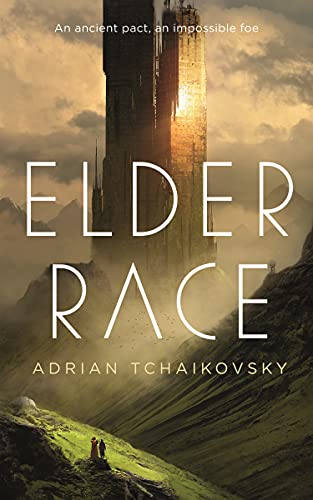
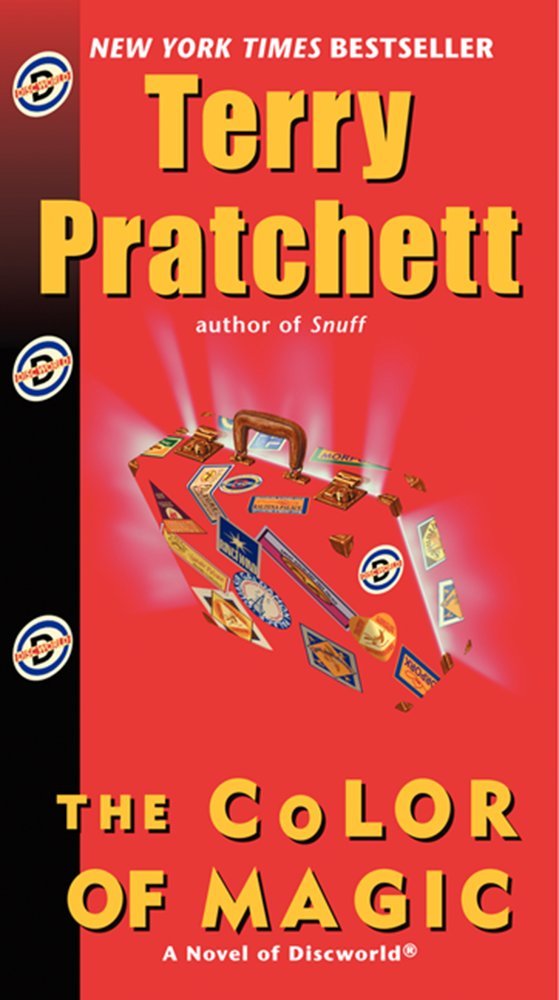
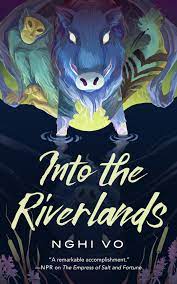
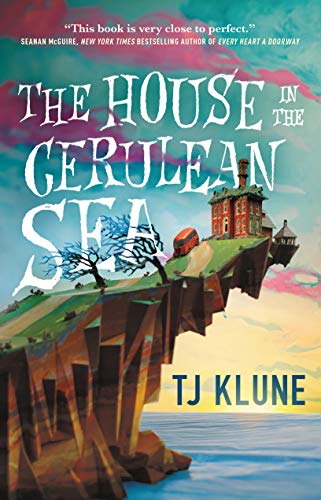
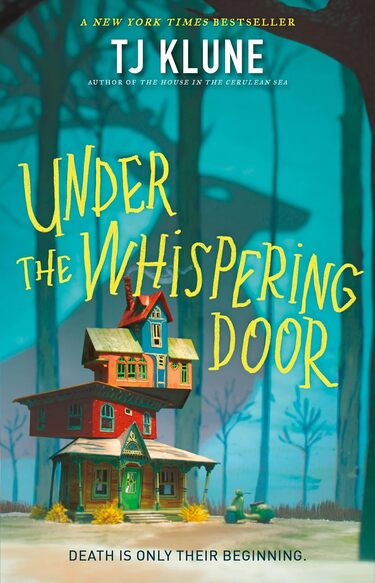
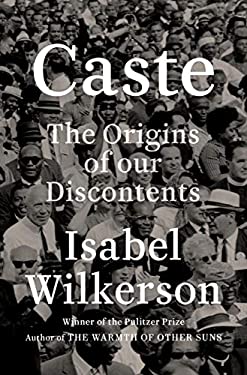
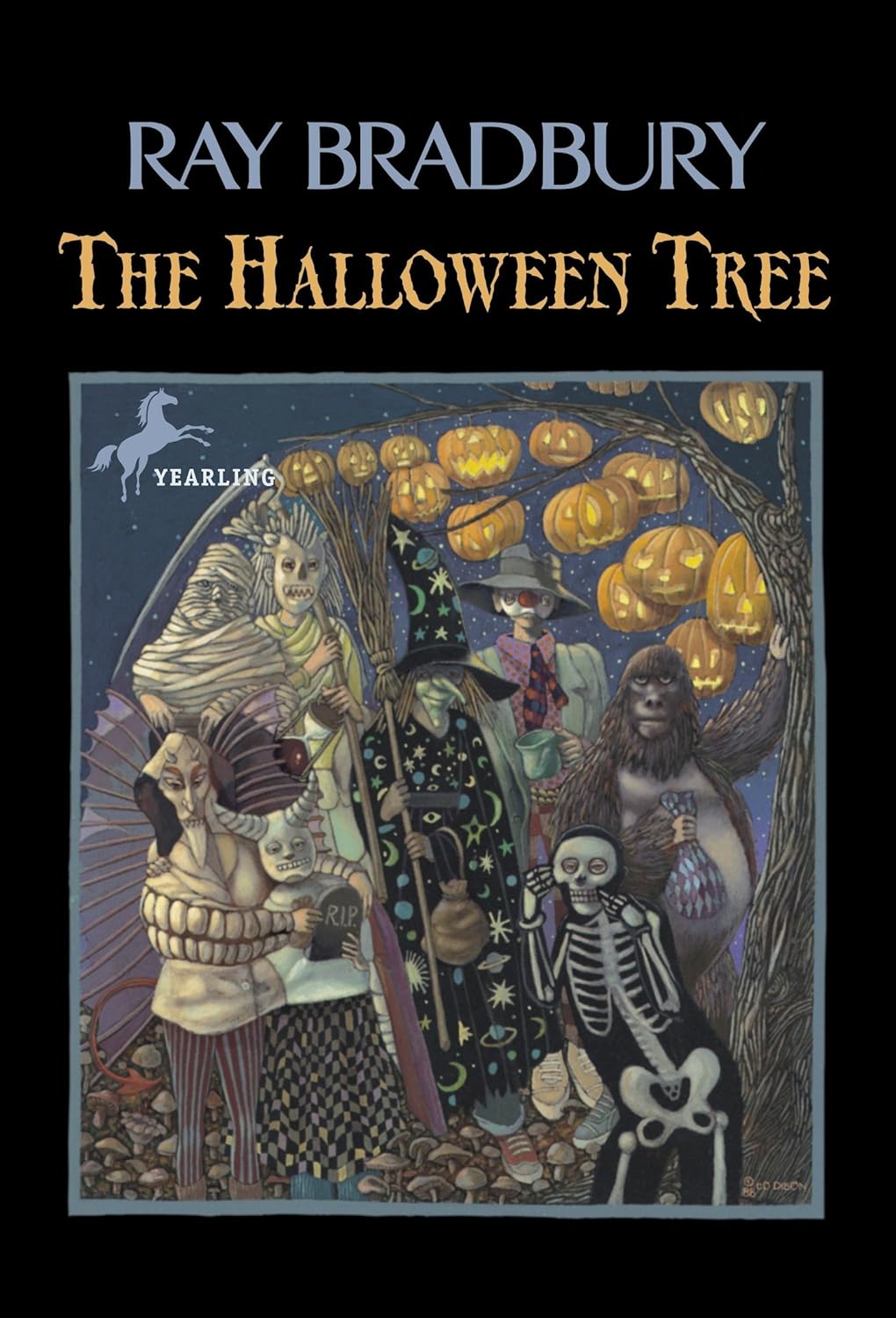
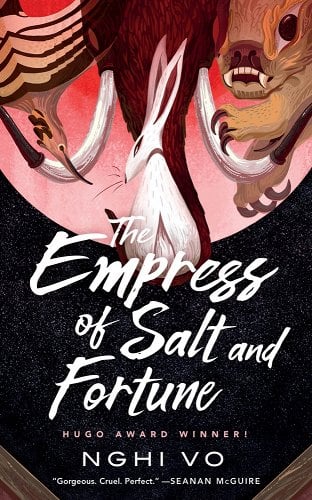
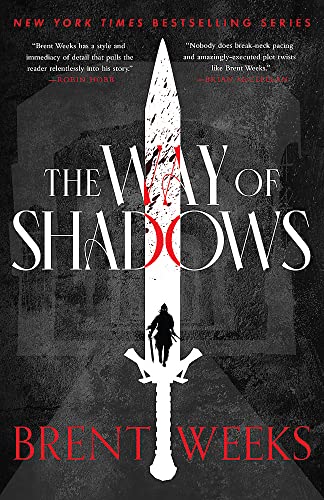
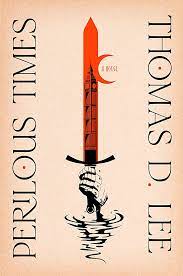
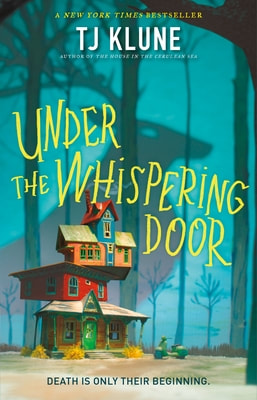
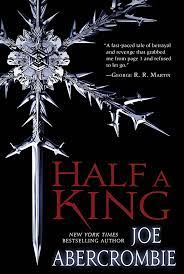
 RSS Feed
RSS Feed